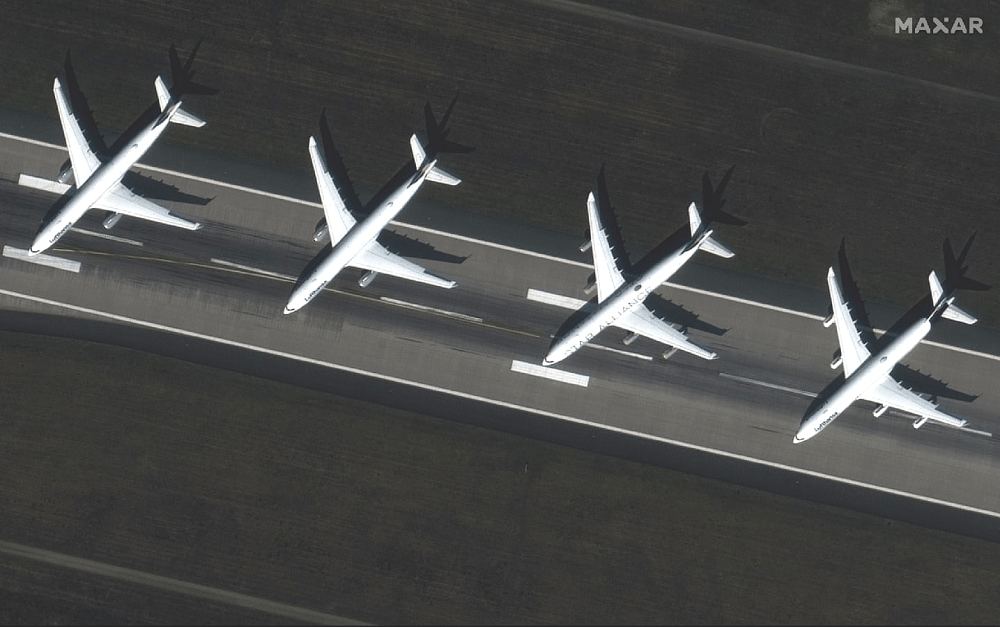Air travel won’t return to pre-crisis levels until 2023, IATA chief warns
May 14, 2020 @ 20:00 +03:00
The impact on air travel from the coronavirus will be felt for many years to come, according to the International Air Transport Association, which estimates that passenger traffic won’t rebound to pre-crisis levels until at least 2023.
The trade association for the world’s airlines said that demand for air travel had dropped more than 90% in Europe and the U.S. since the start of the pandemic, and warned that recovery will be even slower if lockdowns and travel restrictions are extended.

“We are asking governments to have a phased approach to restart the industry and to fly again,” Alexandre de Juniac, the IATA’s director general and CEO, told CNBC’s “Squawk Box Europe” on Thursday. De Juniac is hopeful that some flying will resume by the summer.
The European Union’s external borders remain closed to non-EU nationals until mid-June. The European Commission has recommended a phased approach for its member states to reopen borders that would start with countries with low levels of coronavirus infections.
The comments from the IATA com as travel groups are desperate to bring operations back to life and some are already rolling out plans to do so.
United Airlines has expressed its aims to schedule Europe and China routes in June, Dubai’s flagship Emirates Airline will recommence nine outbound routes starting May 21 and European low-cost carrier Ryanair expects to have 40% of its flights running by July 1. Budget carrier Wizz Air will restart routes from London’s Luton Airport starting June 16, Lufthansa is planning service expansion in June and IAG will resume some flights in July, among others.
But any hopes for a boost to the industry with some resumed travel will be dashed if governments institute mandatory 14-day quarantine periods for travelers upon arrival, de Juniac warned.
“We are advocating with governments not to implement quarantine measures that will retain people for two weeks that will arrive anywhere,” he said.
“We think that it is useless provided we have implemented the health and sanitary controls that we are discussing with governments. It is absolutely key for the tourist industry which is so important for so many countries in Europe.”
Scores of countries including Australia, New Zealand, China, Spain and potentially the U.K. are requiring international travelers to quarantine for two weeks upon arrival, with varying degrees of enforcement: in Australia, arrivals are escorted to a hotel where they must remain for 14 days, while in other countries they are expected to “self-quarantine” at home. Hong Kong issued state-monitored tracking bracelets that arrivals must wear to ensure they do not leave their area of quarantine. Such policies will no doubt deter many people from wanting to travel.
De Juniac believes quarantine periods are simply not necessary as long as airlines and airports uphold stringent sanitation and monitoring practices.
Air travel won’t return to pre-crisis levels until 2023, IATA chief warns, CNBC, May 14







